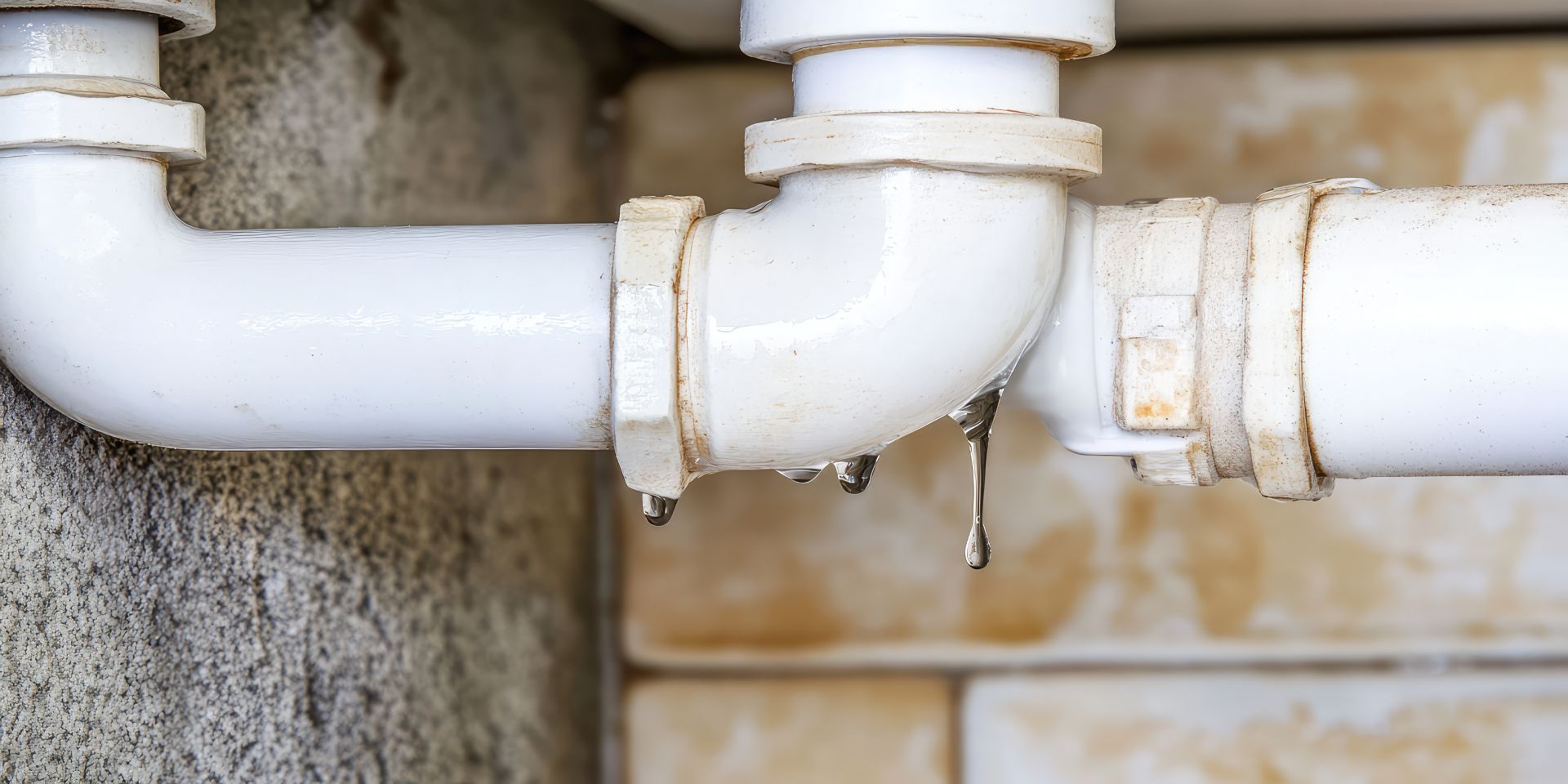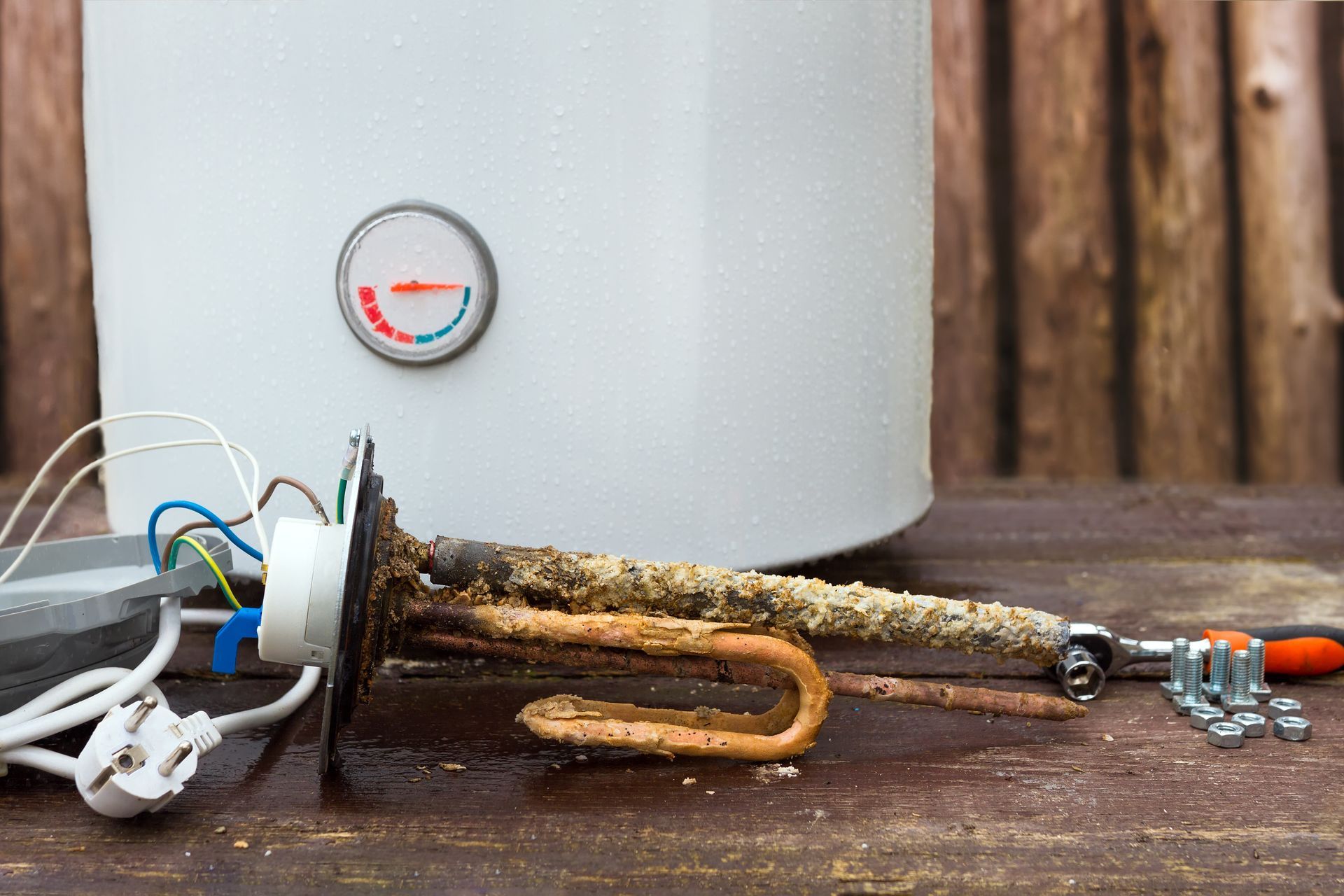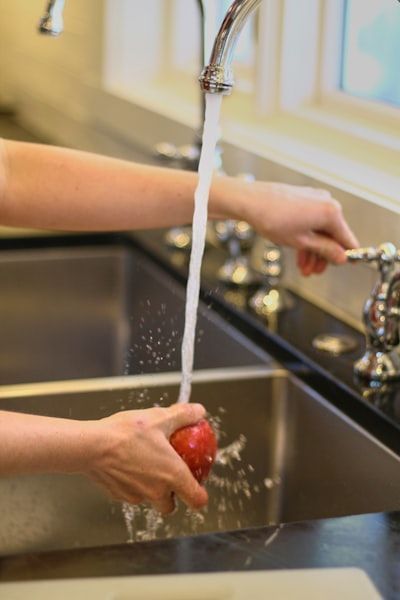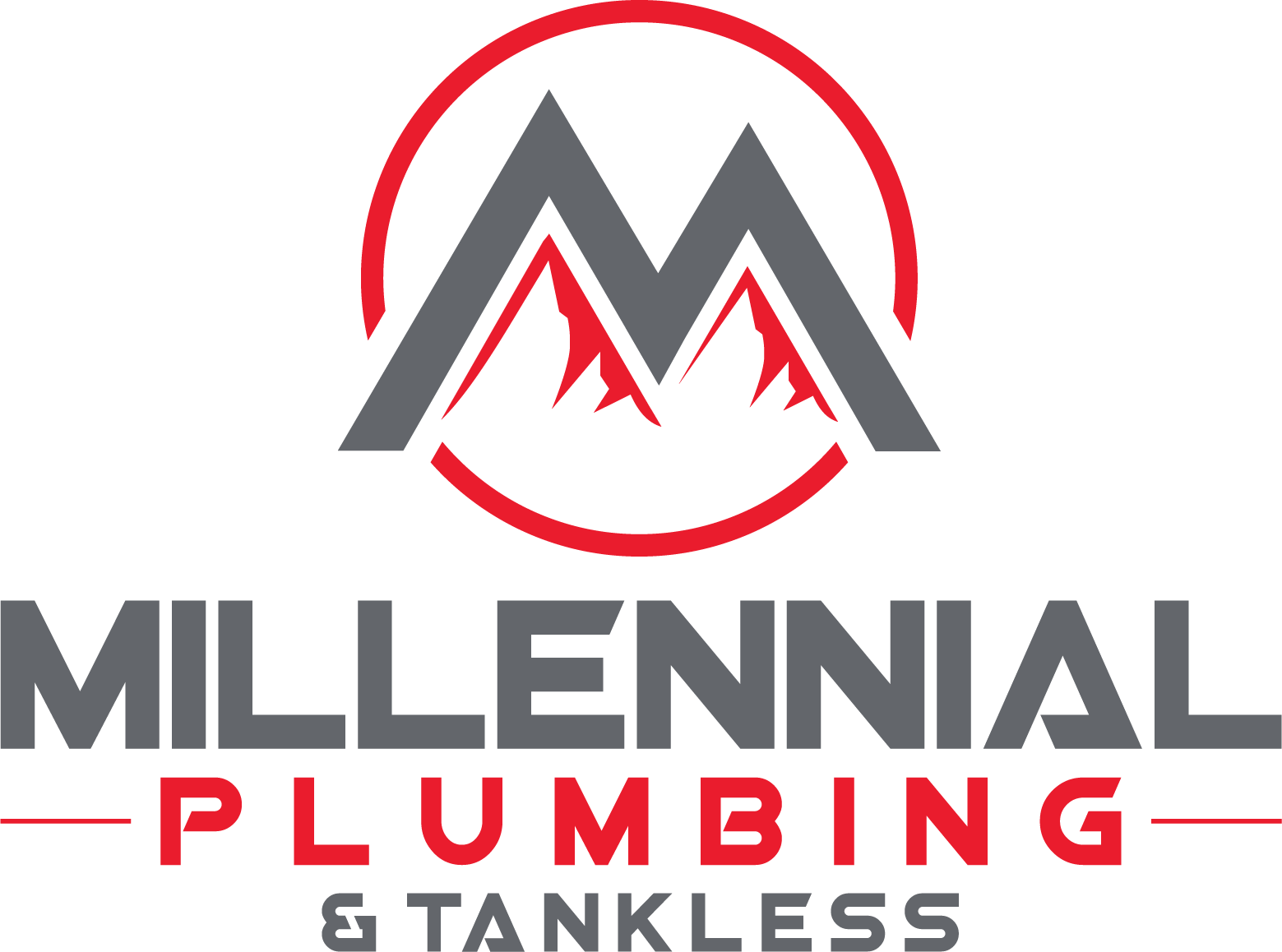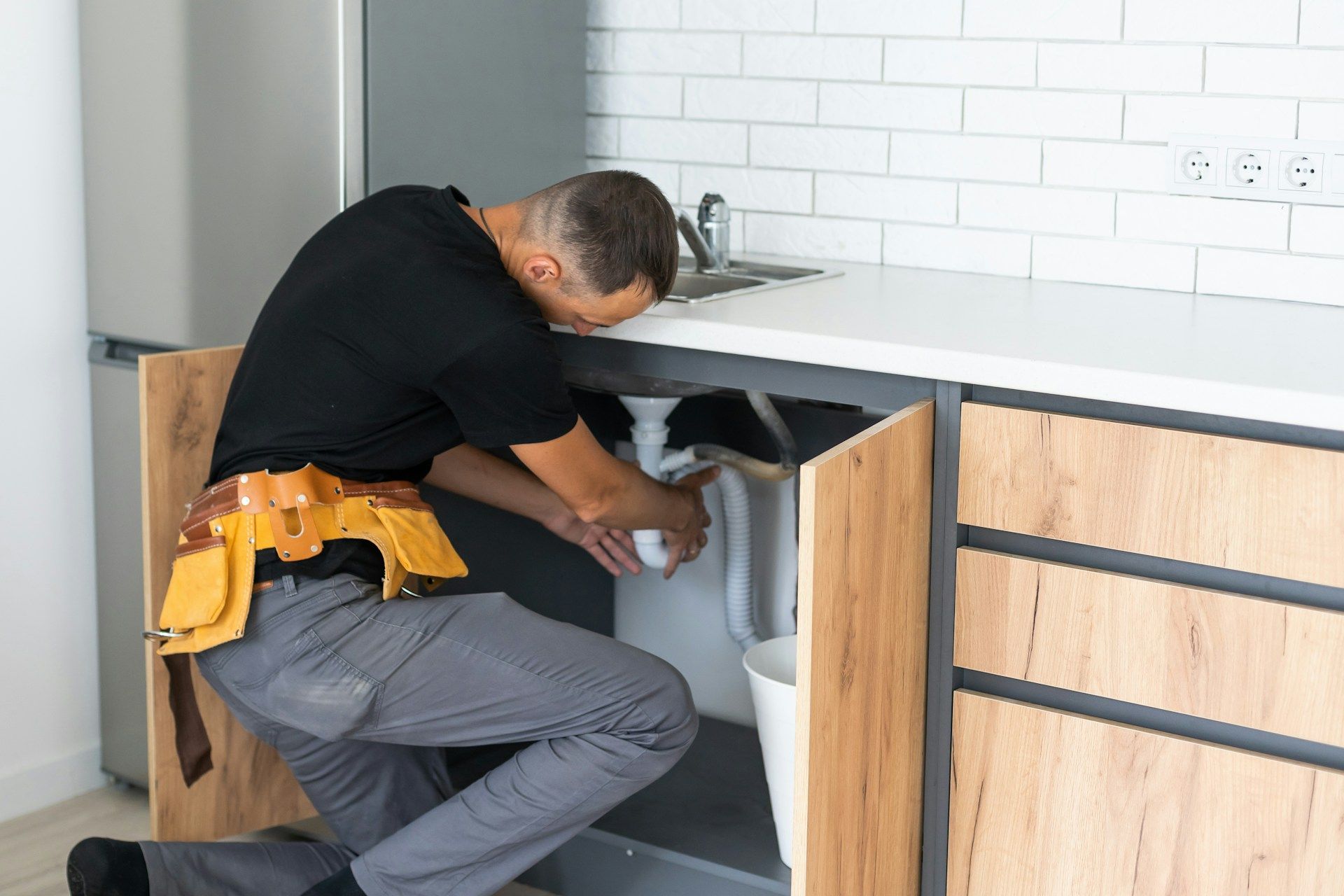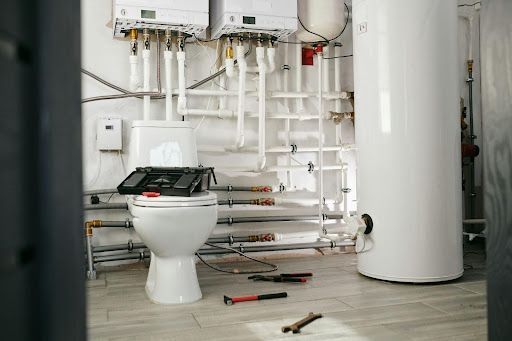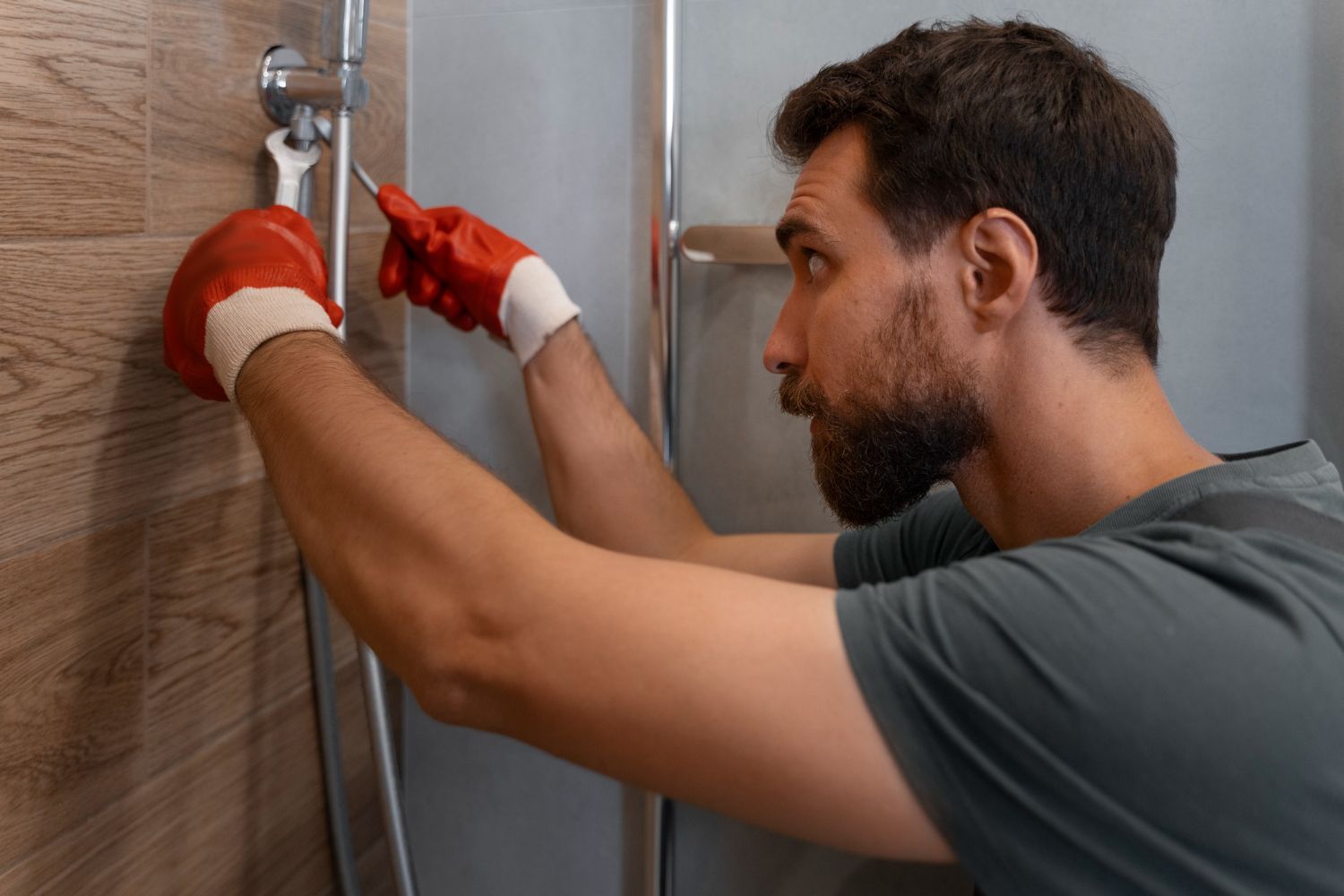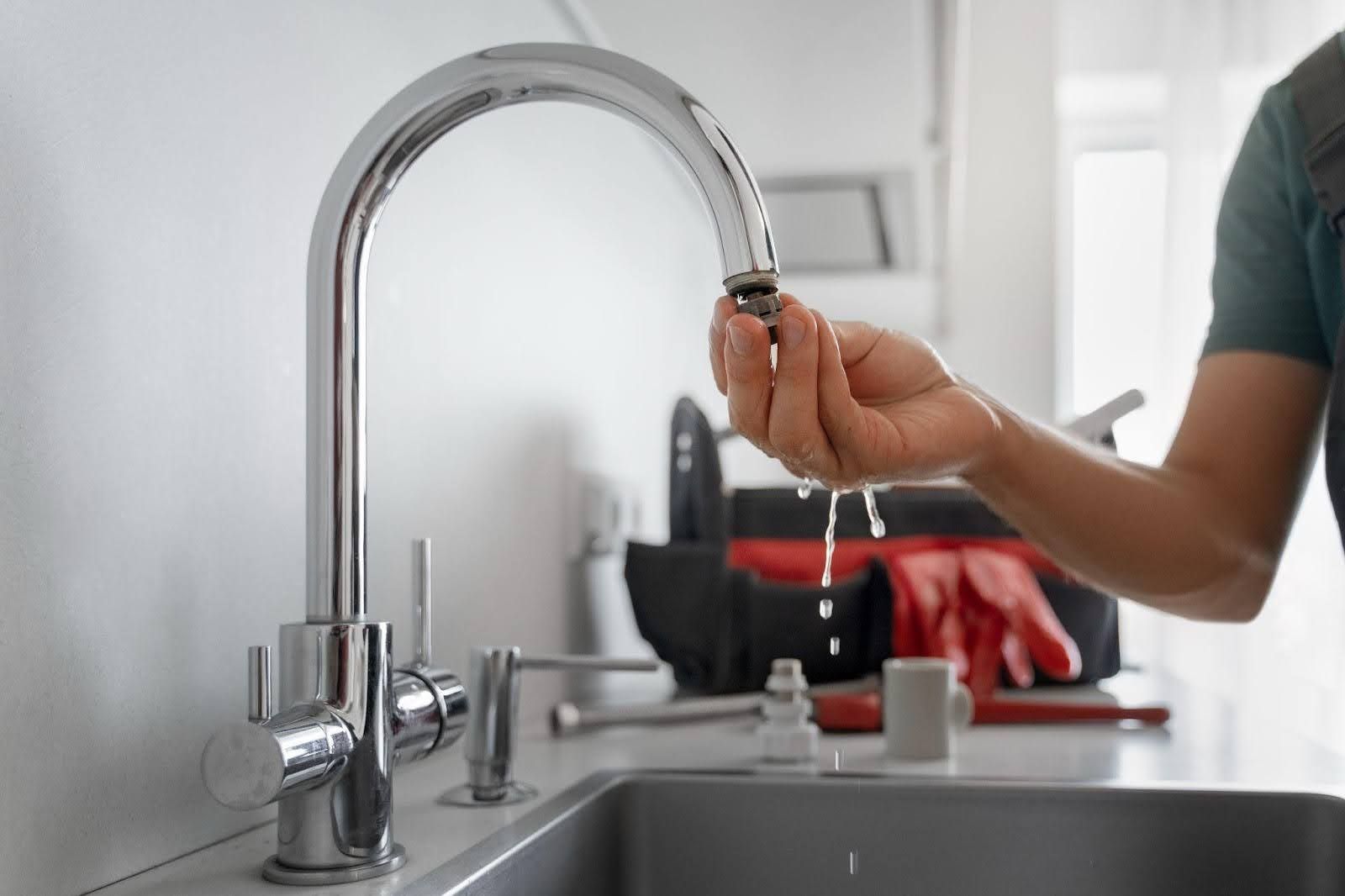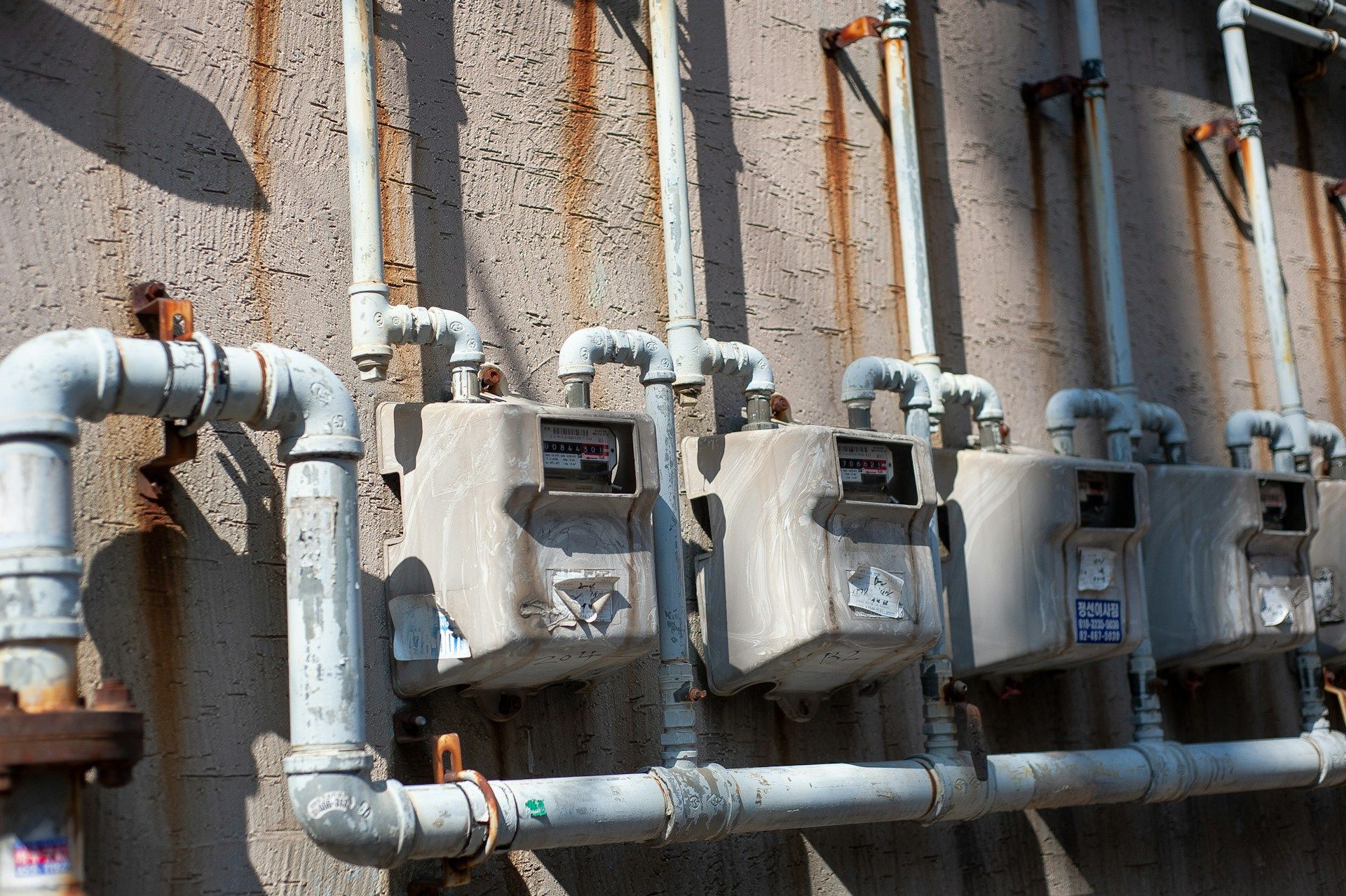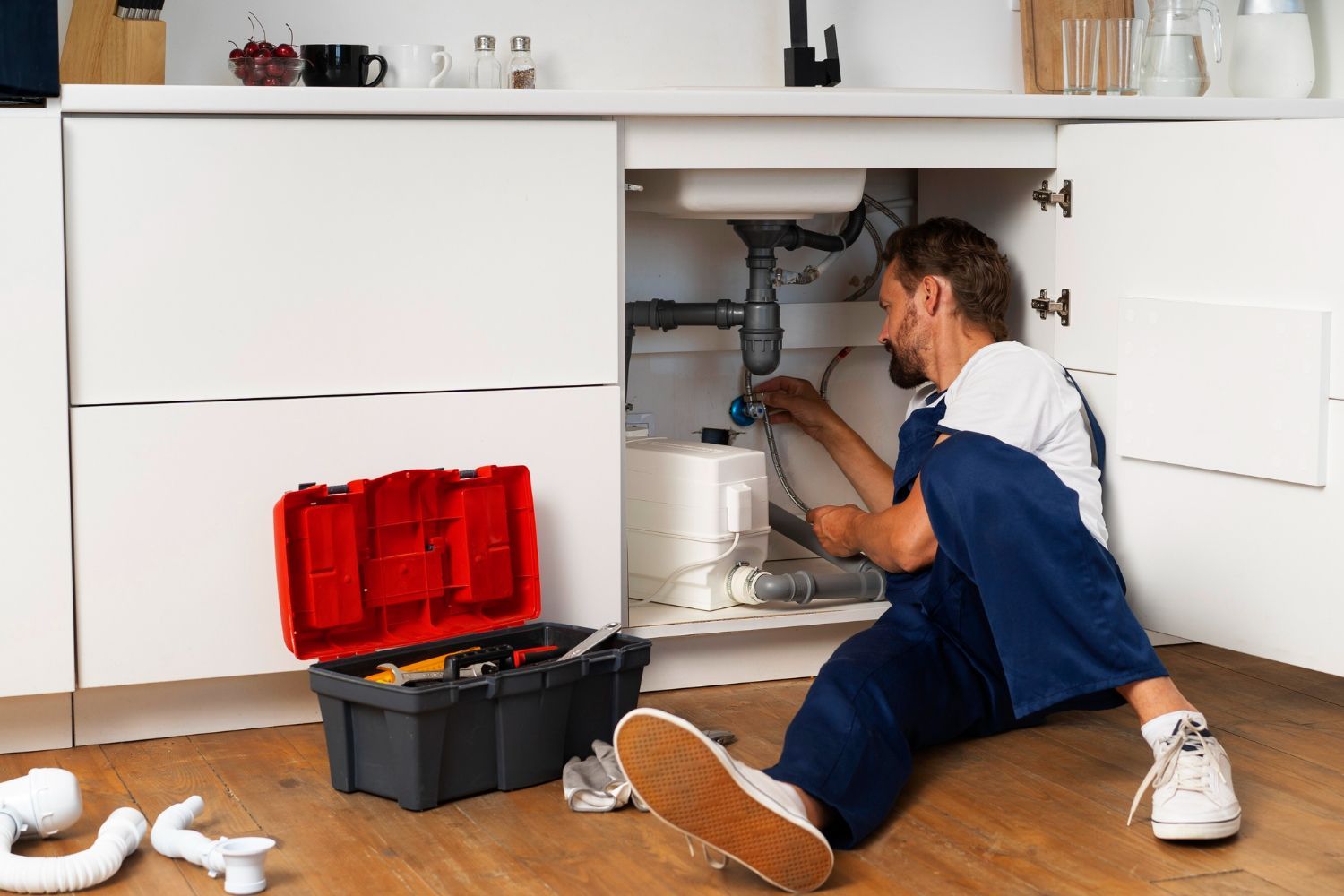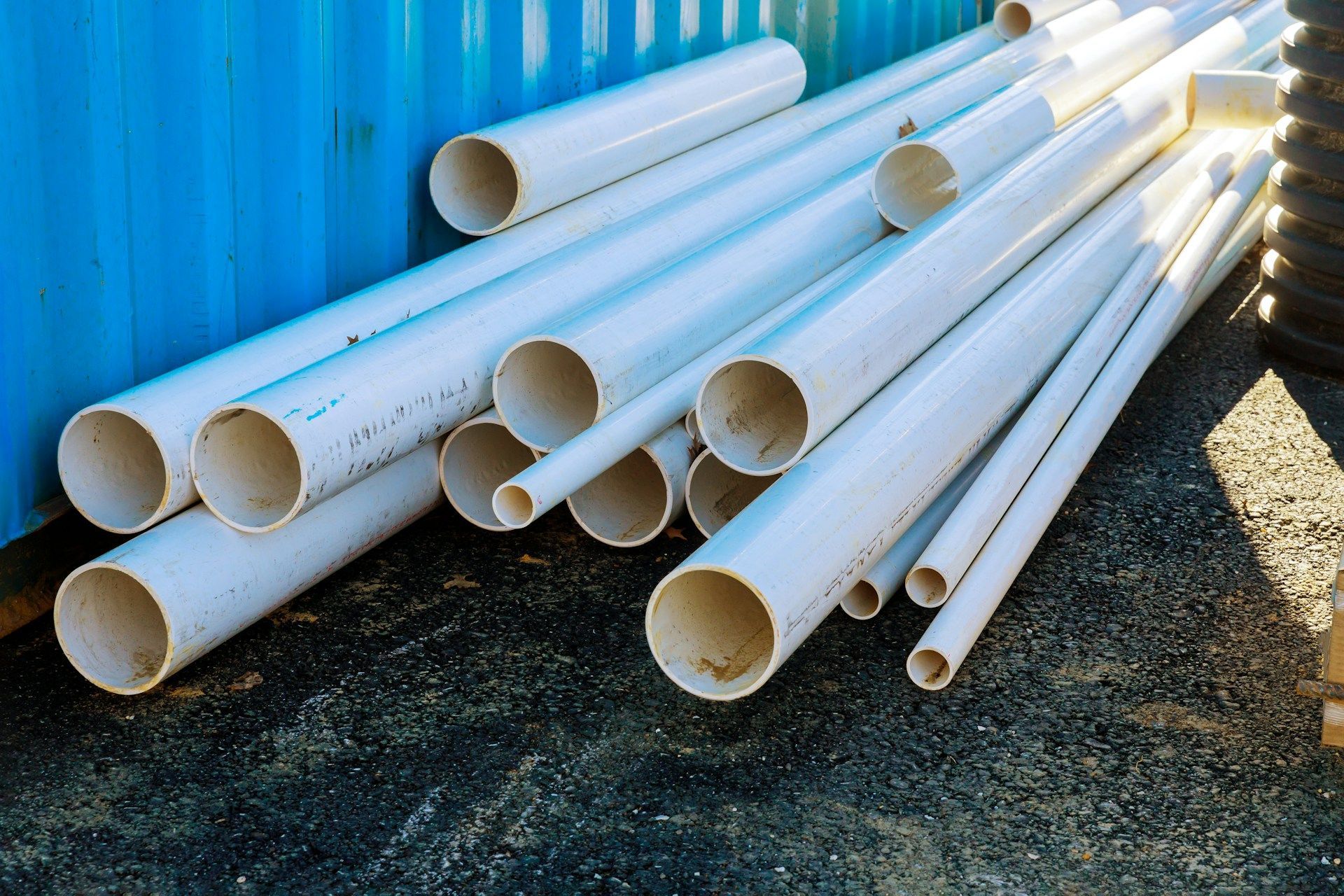Winterizing Your Plumbing: Protect Your Home This Winter
How to Winterize Your Home's Plumbing
As temperatures begin to drop, it's crucial for homeowners to prepare their plumbing systems for the winter months to prevent issues like frozen pipes and costly water damage. Winterizing your plumbing involves taking steps to protect and insulate your pipes, ensuring they can withstand lower temperatures without freezing or bursting.
In this comprehensive guide, we'll outline step-by-step instructions on how to winterize your home's plumbing, as well as provide tips and insights for maintaining the health and functionality of your plumbing system during the colder months. By following these guidelines, you'll not only protect your home in Dacula, Georgia, from costly and disruptive plumbing issues but also extend the lifespan of your plumbing system.
1. Insulate Exposed Pipes To Prevent Freezing
Insulating exposed pipes is a critical first step in winterizing your plumbing system. Pipes located in unheated areas such as basements, crawl spaces, garages, or along exterior walls are more susceptible to freezing, which can lead to burst pipes and water damage. To insulate your pipes:
Identify exposed pipes in unheated areas and assess their vulnerability to freezing.- Use pipe insulation materials such as foam pipe sleeves, insulation tape, or heat cables (also called heat tape or heat trace cables) to cover the exposed pipes.
- Secure the insulation in place with duct tape, zip ties, or cable clamps.
Taking these measures will help reduce heat loss, keeping your pipes warmer and significantly decreasing the risk of them freezing.
2. Seal Gaps and Cracks in the House's Envelope
Air leaks around windows, doors, vents, and pipes can allow cold air to enter your home and increase the risk of frozen pipes. Sealing gaps and cracks in your home's envelope will help maintain warmer indoor temperatures, conserving energy and protecting your plumbing system.
Inspect your home for any gaps or cracks around windows, doors, vents, and pipes.- Use weather stripping, door sweeps, or caulk to seal gaps and prevent drafts.
- For larger gaps, use spray foam insulation or expanding foam sealants.
By preventing cold air infiltration, you'll maintain warmer temperatures within your home and reduce the risk of pipe freezing.
3. Drain and Shut Off Outdoor Faucets
Outdoor faucets, such as hose bibs and sprinkler systems, are highly susceptible to freezing due to their direct exposure to cold temperatures. To protect your outdoor plumbing:
Remove any attached hoses, drain them, and store them indoors.- Shut off the water supply to your outdoor faucets.
- Open the outdoor faucets to let any remaining water drain out.
Taking these steps prevents trapped water in outdoor plumbing fixtures from freezing, expanding, and potentially causing damage to the pipes.
4. Keep Your Home Temperature Consistent
Maintaining a consistent temperature in your home during the winter can help prevent pipes from freezing by ensuring warmth throughout the structure. This is particularly important if you have pipes running along exterior walls or in unheated areas. To achieve this:
Set your thermostat to at least 55°F (13°C) at all times, even when you're not at home or during the night.- Open cabinet doors under sinks to allow warm air to circulate around the pipes.
- Use space heaters in unheated rooms or areas with vulnerable pipes, ensuring they are used safely and according to the manufacturer's instructions.
By keeping your home's temperature regulated during the winter, you'll help protect your pipes from freezing and bursting.
5. Prepare for Extended Vacations or Absences
If you plan to be away from home for an extended period during the winter months, taking preventive measures can help safeguard your plumbing system while you're gone.
Set your thermostat to no lower than 55°F (13°C) to maintain a consistently warm temperature in your home.- Shut off the main water supply to your home and open all faucets to drain any remaining water from the pipes.
- Have a trusted friend or neighbor check on your home periodically to ensure the heating system is functioning correctly and no pipe issues have occurred.
Preparing for extended absences will give you peace of mind knowing that your home's plumbing is protected while you're away.
6. Schedule a Professional Plumbing Inspection
Before the winter season begins, consider scheduling a professional plumbing inspection with a trusted plumber like Millennial Plumbing & Tankless. An expert technician will:
Inspect your home's plumbing system to identify areas that may be vulnerable to freezing.- Install pipe insulation on exposed pipes if needed.
- Evaluate the overall condition of your plumbing and address any potential issues that could worsen over the winter months.
By trusting a professional plumbing inspection, you'll be better prepared to handle the winter weather and avoid costly plumbing issues.
Safeguard Your Home's Plumbing With Millennial Plumbing & Tankless
Properly winterizing your plumbing system can prevent the costly and hazardous consequences of frozen or burst pipes during the colder months. By following the steps outlined in this guide and taking preventive measures, homeowners in Georgia can ensure their plumbing system remains protected and functional throughout the winter season.
When you need professional assistance in winterizing your home's
plumbing or addressing any plumbing-related concerns in Dacula, GA, rely on the expert technicians at Millennial Plumbing & Tankless. Our commitment to providing quality service and effective solutions will help keep your plumbing system in top shape, so you can enjoy cozy indoor temperatures and peace of mind all winter long. Contact us today to schedule a plumbing inspection or winterizing service, and experience the Millennial Plumbing & Tankless difference for yourself.
